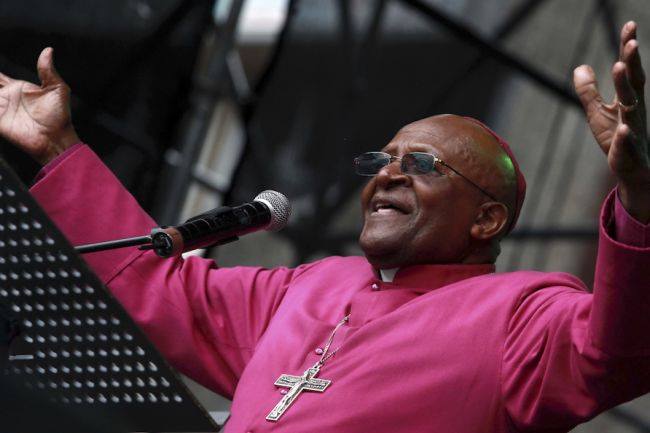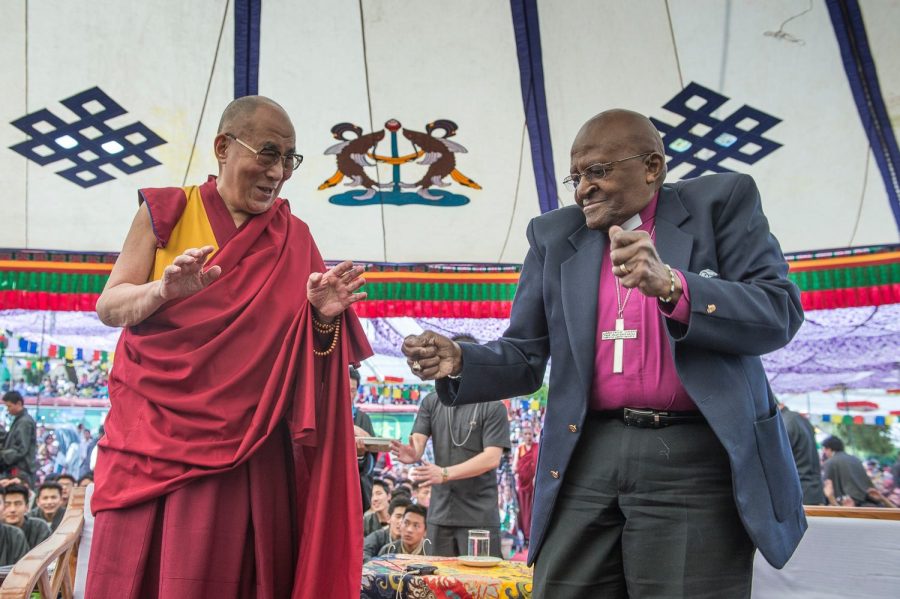
South Africa’s Appeals Court Overturns Ruling Allowing ‘Assisted Dying’
JOHANNESBURG (Reuters) – South Africa’s Supreme Court of Appeals (SCA) on Tuesday overturned a ruling by a lower court granting a terminally ill patient the right to die, the Justice Ministry said, thereby upholding South Africa’s laws forbidding assisted suicide. In a groundbreaking ruling in 2015, South Africa’s High Court had granted a terminally ill […]

JOHANNESBURG (Reuters) – South Africa’s Supreme Court of Appeals (SCA) on Tuesday overturned a ruling by a lower court granting a terminally ill patient the right to die, the Justice Ministry said, thereby upholding South Africa’s laws forbidding assisted suicide.

In a groundbreaking ruling in 2015, South Africa’s High Court had granted a terminally ill man, Robin Stransham-Ford, the right to die with dignity by way of euthanasia.
Stransham-Ford, who was suffering from cancer, died just hours before the High Court ruling was delivered.
“The SCA held that the claim ceased to exist once the applicant died before the order could be granted,” the ministry said in a statement.
“SCA further held that this was an inappropriate case in which to develop the common law of murder and culpable homicide,” the ministry said, adding the outcome meant assisted suicide remained “illegal and prosecutable”.
The government appealed against the ruling, saying it had far-reaching implications on its interpretation and possible abuse by others in the absence of a legislative framework that regulates assisted suicide.
Euthanasia laws vary by country. Laws in Belgium, the Netherlands, Colombia and Luxemburg allow mercy deaths for adults, which usually means a doctor administering lethal doses of barbiturates.
In Switzerland, Germany, Japan and Canada, doctor-assisted suicide, where people take the final action themselves, is legal.
Retired South African cleric and anti-apartheid campaigner Archbishop Desmond Tutu said in a commentary published in October that, when his time came, he would “want the option of an assisted death”.
Tutu, who has been living with prostate cancer for nearly 20 years, came out in support of assisted dying in 2014 but was more ambiguous about whether he personally wanted that option.
(Reporting by Olivia Kumwenda-Mtambo; Editing by James Macharia and Raissa Kasolowsky)